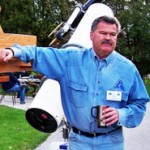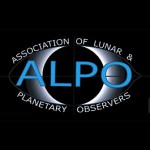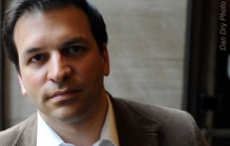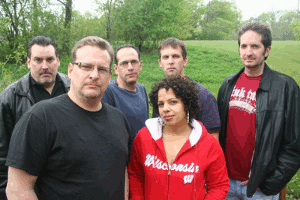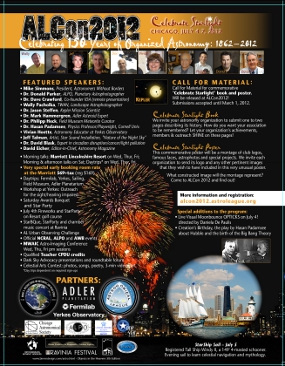Philipp R. Heck is the Robert A. Pritzker Assistant Curator of Meteoritics and Polar Studies at the Field Museum of Natural History in Chicago, IL at the Department of Geology. He is also a member of the Chicago Center for Cosmochemistry based at the University of Chicago.
Heck directs the research program in meteoritics at the Field Museum and currently focuses on presolar grains to understand our parent stars and the history of our Galaxy, and on the delivery history of extraterrestrial matter to Earth, in particular by studying fossil meteorites and micrometeorites found in sediments, and terrestrial impact craters. Heck is a member of the international research consortium to find and study the first modern interstellar dust returned by NASA’s Stardust Mission.
As the curator in charge, Philipp R. Heck oversees the collection of meteorites at the recently established Robert A. Pritzker Center for Meteoritics and Polar Studies, the largest meteorite collection housed at a private institution with more than 8000 specimens and more than 2000 different meteorites. Other responsibilities include the curation of the gem, mineral, rock and economic geology collections.
Philipp R. Heck came to the Field Museum in March 2010 from the University of Chicago, where he was a postdoctoral scholar working on new analytical techniques for presolar grains. He obtained his M.Sc. and Ph.D. degrees at ETH Zurich in Switzerland in geo- and cosmochemistry. He then worked as a postdoctoral fellow at the Max-Planck-Institute for Chemistry where he studied the first comet dust brought back from Comet Wild-2 by NASA’s Stardust Mission and at the University of Wisconsin-Madison where he worked mainly on fossil meteorites and banded iron formations from around the world. For his studies he uses specialized analytical techniques such as secondary ion mass spectrometry (NanoSIMS, IMS-1280 and TOF-SIMS), noble gas mass spectrometry, atom probe tomography, scanning electron microscopy and electron microprobe analysis. Sample preparation for atom-probe work is performed with focused ion beam workstations.

